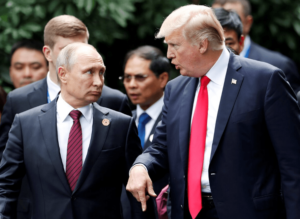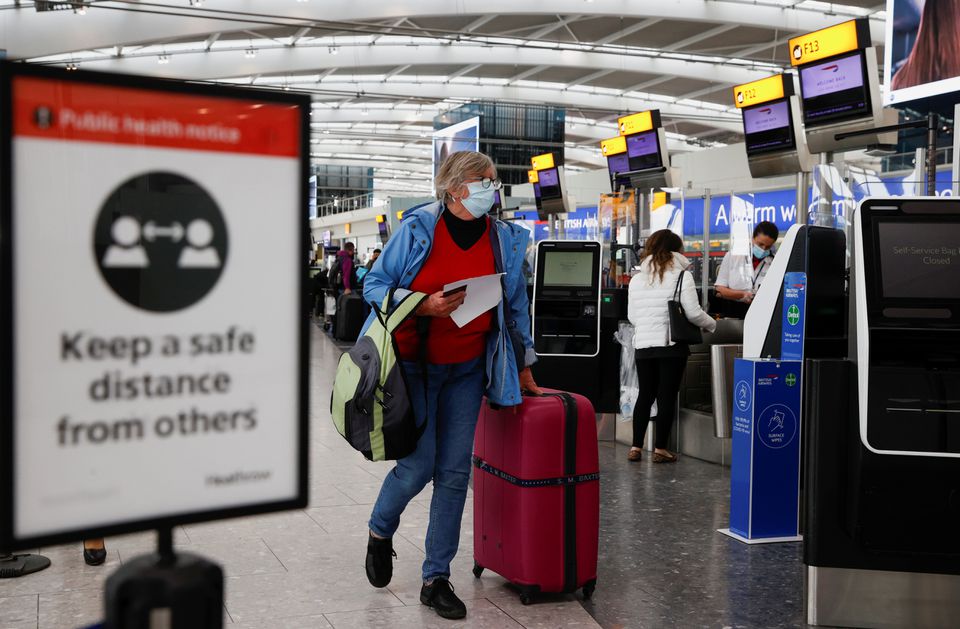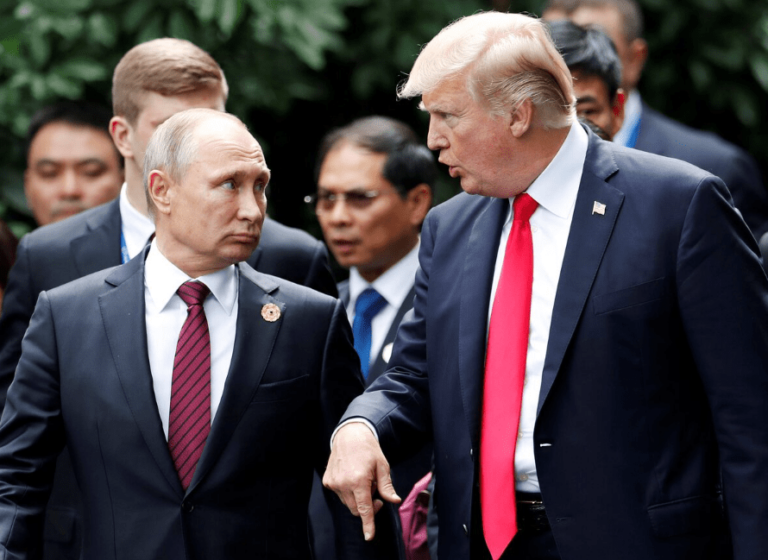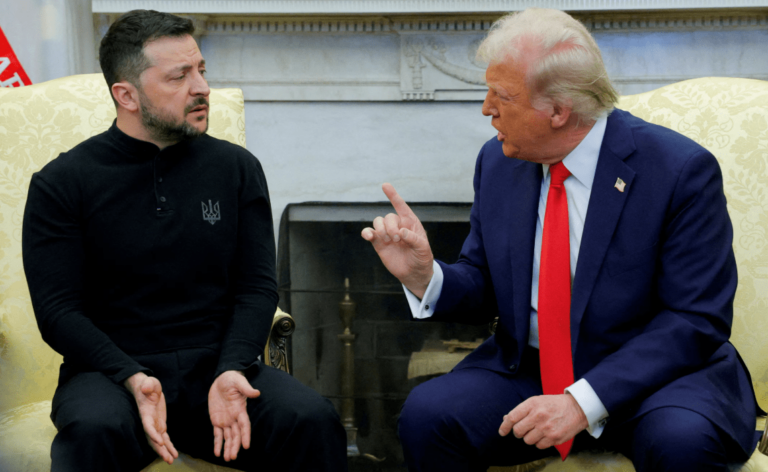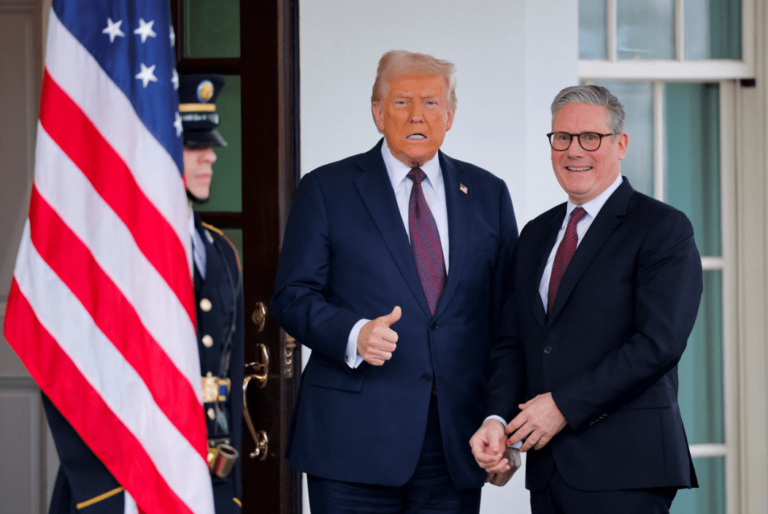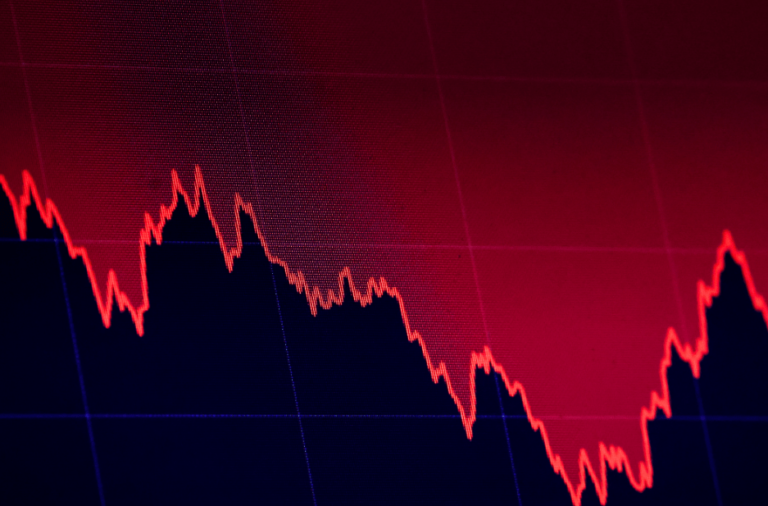Travel restrictions from many countries, including Mexico, Canada, and most of Europe, were lifted Monday. The measure will now allow tourists to take long-awaited vacations and family members to reunite after more than a year and a half apart.
Beginning on Monday, the United States will accept fully vaccinated travelers at airports and land borders, removing COVID-19 restrictions imposed by the Trump administration. As long as the traveler has proof of vaccination and a negative COVID-19 test, the new guidelines allow air travel from previously banned nations. Traveling by land from Mexico and Canada will necessitate proof of vaccination but not a negative test.
Travelers from Europe and other parts of the world are expected to arrive in droves in the coming week. In response to the expected surge in travelers, airlines are now expanding flights between the United Kingdom and the United States by 21% this month compared to last month.
The shift will significantly impact border crossings with Mexico and Canada, where cross-border travel was commonplace before the epidemic struck, and the U.S. shut down all nonessential travel.
While nonessential air travel was prohibited, loved ones missed holidays, birthdays, and funerals, and they are eager to reunite finally. The absence of tourists from Mexico has also wreaked havoc on malls, restaurants, and Main Street stores in American border communities.
According to the Centers for Disease Control and Prevention, the United States will accept visitors who have been completely vaccinated with any of the World Health Organization-approved vaccinations for emergency use, not only those used in the United States. The announcement implies that the commonly used AstraZeneca vaccination will be approved.
Airlines must verify immunization records and match them to the I.D. of passengers. Airlines that fail to do so could face fines of up to roughly $35,000 per infraction. Passengers’ information will also be collected to aid contact tracing operations. In the United States, CDC employees will spot-check passengers for compliance, and customs and Border Protection officers are stationed at land boundaries.
The announcements come as the COVID-19 situation in the United States has improved substantially in recent weeks, following the summer seasonal surge of the Delta variant that drove hospitals to the edge in many areas.

